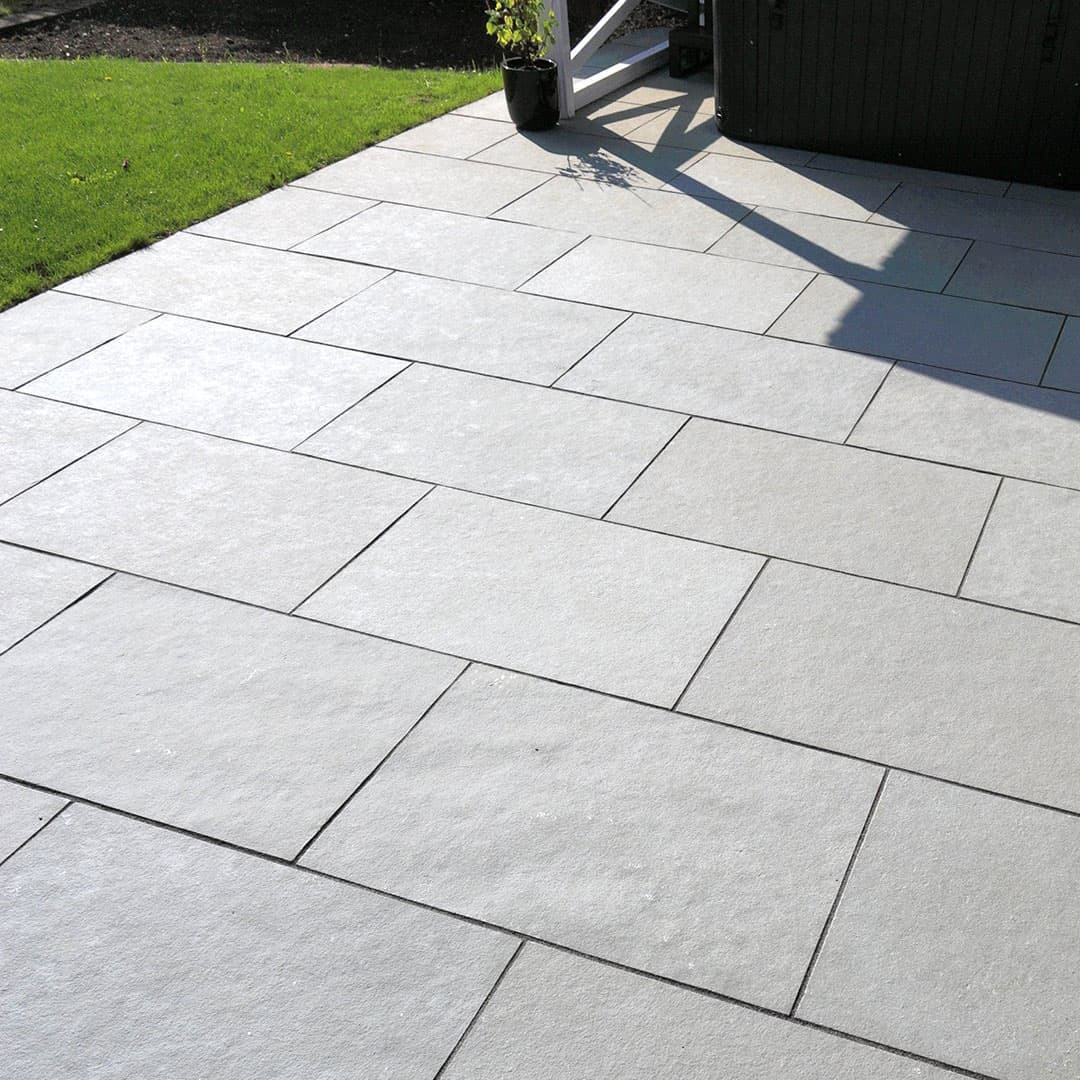
What is the Best Paving for Driveways?
Your driveway is a crucial element of your property, serving both functional and aesthetic purposes. The choice of paving material significantly impacts the overall appearance and durability of your driveway. In this comprehensive guide, we will delve into various paving options, analyzing their advantages, disadvantages, and the key factors to consider before making an informed decision.
Concrete Paving
Advantages of Concrete Paving
- Affordability: Concrete stands out as a cost-effective option for homeowners on a budget.
- Versatility: The ability to mold concrete into various shapes and sizes allows for unmatched customization.
- Durability: Renowned for its strength, concrete withstands heavy loads and harsh weather conditions effectively.
- Low Maintenance: Concrete driveways require minimal upkeep, with occasional sealing to preserve their appearance.
Disadvantages of Concrete Paving
- Cracking: Over time, concrete may develop cracks, especially in regions with extreme temperature fluctuations.
- Stains: Susceptible to staining from oil spills or other substances, which can be challenging to remove.
- Limited Color Options: While some customization is possible, the color options are relatively restricted compared to alternative materials.
Factors to Consider
Before opting for concrete paving, evaluate the following:
- Climate: Concrete may not be suitable for regions with severe freeze-thaw cycles, potentially leading to cracking.
- Design Preferences: If you seek highly customizable designs, concrete provides flexibility in shapes and patterns.
- Maintenance: Consider your willingness to perform occasional sealing and stain removal for optimal upkeep.
Also, read: Unveiling the Exquisite World of Limestone Paving Slabs
Asphalt Paving
Advantages of Asphalt Paving
- Cost-effectiveness: Asphalt is generally less expensive than concrete, making it attractive for budget-conscious homeowners.
- Quick Installation: Asphalt can be laid and ready for use within a short period, minimizing disruption to your daily routine.
- Flexibility: Its flexibility reduces the likelihood of cracking, especially in regions with freeze-thaw cycles.
- Easy Maintenance: Regular sealing and occasional repairs can maintain your asphalt driveway for years.
Disadvantages of Asphalt Paving
- Color Fading: The black color of asphalt may fade over time due to sunlight and weather exposure.
- Oil Stains: Prone to staining from oil spills, which can be challenging to remove.
- Less Versatility: Compared to concrete, asphalt offers limited design options and typically maintains a dark, uniform appearance.
Factors to Consider
Consider the following factors when deciding on asphalt paving:
- Climate: Suitable for regions with freeze-thaw cycles, as it is less prone to cracking.
- Budget: If cost is a significant factor, asphalt can be a more cost-effective option compared to other materials.
- Maintenance: Regular sealing and periodic repairs are essential for the longevity of your asphalt driveway.
Gravel Paving
Advantages of Gravel Paving
- Affordability: Gravel is one of the most cost-effective options for driveways.
- Easy Installation: Gravel driveways can be installed quickly and easily, requiring minimal labor and equipment.
- Drainage: Excellent drainage prevents water accumulation and potential damage to the driveway.
- Low Maintenance: Regular grading and replenishment can keep your gravel driveway in good condition.
Disadvantages of Gravel Paving
- Maintenance: Regular grading and replenishment are necessary to prevent ruts and uneven surfaces.
- Dust and Dirt: Gravel can create dust and dirt, which may be a concern for those desiring a cleaner environment.
- Limited Traction: Gravel driveways may offer less traction, especially in wet or icy conditions.
Factors to Consider
Before opting for a gravel driveway, consider the following:
- Aesthetic Preference: Gravel driveways offer a natural and rustic look, suitable for certain architectural styles or personal preferences.
- Maintenance: Assess your willingness to perform regular maintenance to keep your gravel driveway in good condition.
- Climate: Gravel driveways may be more suitable for regions with mild weather conditions.
Also, read: The Perfect Choice for Porcelain Paving in the UK
Natural Stone Paving
Advantages of Natural Stone Paving
- Aesthetic Appeal: Natural stone driveways offer a luxurious and sophisticated look, adding value to your property.
- Durability: Known for durability and ability to withstand heavy loads and harsh weather conditions.
- Unique Patterns: Each stone has unique patterns, colors, and textures, creating a one-of-a-kind driveway.
- Longevity: With proper maintenance, natural stone driveways can last for decades.
Disadvantages of Natural Stone Paving
- Cost: Generally more expensive due to the cost of the material itself.
- Maintenance: Requires regular cleaning, sealing, and occasional repairs to maintain appearance and durability.
- Slippery Surface: Some natural stones may have a smooth surface, potentially slippery when wet.
Factors to Consider
Before choosing natural stone paving, consider:
- Budget: Natural stone can be a significant investment, so ensure it aligns with your budget.
- Aesthetic Preference: For a luxurious and unique driveway, natural stone offers a wide range of options.
- Maintenance: Evaluate your willingness to perform regular maintenance, including cleaning, sealing, and repairs.
Conclusion
Choosing the best paving material for your driveway is a decision based on budget, design preferences, and maintenance capabilities. Concrete, asphalt, gravel, pavers, and natural stone each have their advantages and disadvantages. Consider factors such as climate, budget, and desired aesthetic to make an informed decision. With the right paving material, you can enhance the curb appeal and functionality of your driveway for years to come.


























































